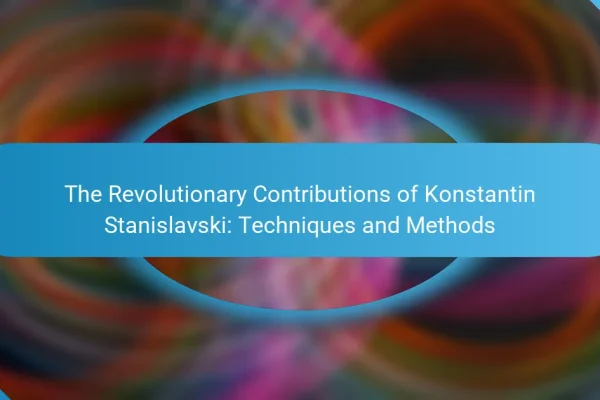
The Legacy of ‘Death of a Salesman’: Plot Analysis, Themes, and Cultural Impact
‘Death of a Salesman’ is a seminal play by Arthur Miller that critiques the American Dream through the story of Willy Loman, a struggling salesman who embodies the tragic everyman. The article will explore the play’s key themes, including identity, reality versus illusion, and societal expectations, while examining its cultural impact and relevance in contemporary…








